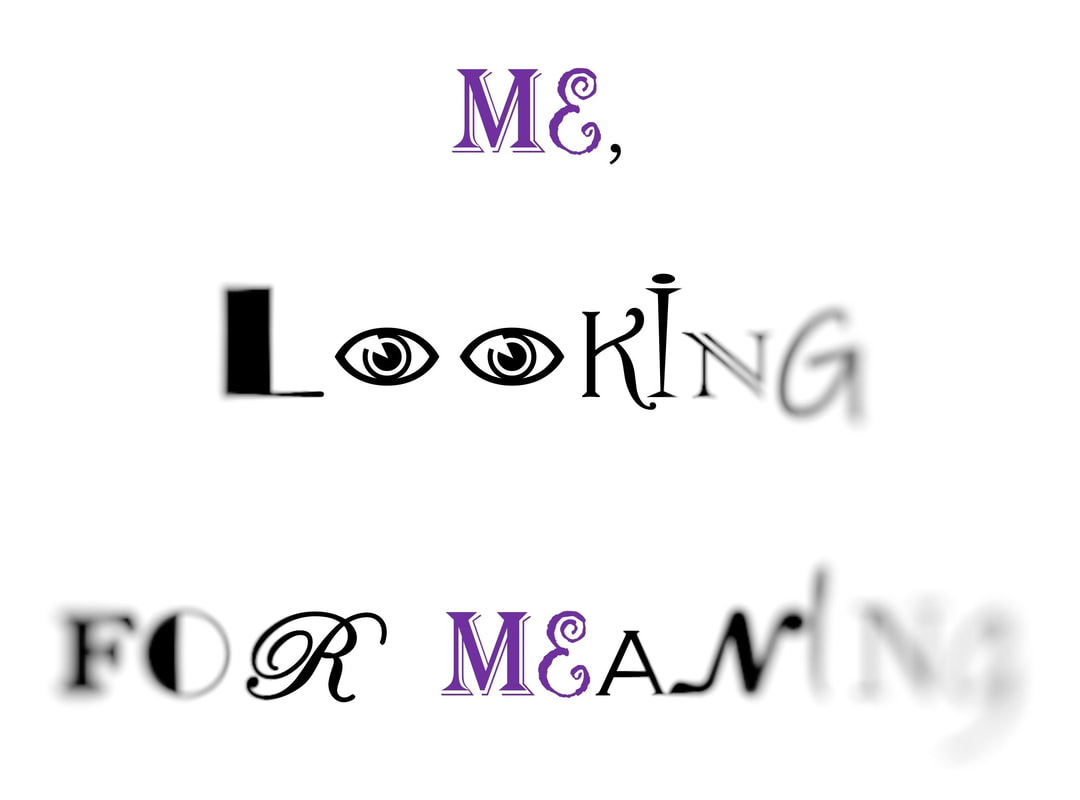Parenting
PAGE IN PROGRESS
What you see here is a page of my hypertext book Me, Looking for Meaning. Initially empty, it will slowly be filled with thoughts, notes, and quotes. One day, I will use them to write a coherent entry, similar to these completed pages. See this post to better understand my creative process. Thank you for your interest and patience! :)
What you see here is a page of my hypertext book Me, Looking for Meaning. Initially empty, it will slowly be filled with thoughts, notes, and quotes. One day, I will use them to write a coherent entry, similar to these completed pages. See this post to better understand my creative process. Thank you for your interest and patience! :)
Parenting is a lot about power. Here I am going to talk about some conclusions I made for myself as I have been parenting (which, in a curious way, became a part on my scholarship). I understand that parenting is a contentious issue, and people usually don't really like when others tell them how to parent. So everything said below is based on by experiences and colored by my biases. Please, take it with a grain of salt.
Anyhow, parenting is about power, because parents often make decisions for their kids, but kids often impact greatly how parents live their lives. I came to the conclusion that the parent/child relationship is an important time when the growing individual gets a chance to explore and understand their power. When a parent is tired, busy, dealing with their own demons, it's easy for the parent to use their authority and not to get into complexity of relationships and situations. But if a child often feels that they have to do things and the response they are getting is "just because I told you so", they grow up starved for power. And there is nobody as eager to exercise their power as somebody who has not been able to do so for a while (extreme examples of that are bloody revolutions).
I decided for myself that I want my kids to understand the complexity of power. Not in an extremely abstract scholarly way, but little by little, as part of their relationships. I want to have healthy boundaries, but I also want my kids to feel that they have power. I do that by giving them choices (that's not a new parental technique of course, but the one that is very important, in my opinion). I also admit that I do not know things and that I need their help to solve conflict situations. When they argue about something, it's not uncommon for me to say, with all the honesty: "I don't know what to do right now. Please, help me resolve this". This does not always work, but it does work sometimes, which I am very happy about. It does take a whole lot of energy!
"Bluey parenting", see episode Rain from season 3
parents cannot help their kids if they cannot help themselves, if they don’t know how to process their own emotional pain
more awareness about things that could go wrong > parents are more anxious [connect to my article on media about how awareness can be a problem]
About this project: Start page
Anyhow, parenting is about power, because parents often make decisions for their kids, but kids often impact greatly how parents live their lives. I came to the conclusion that the parent/child relationship is an important time when the growing individual gets a chance to explore and understand their power. When a parent is tired, busy, dealing with their own demons, it's easy for the parent to use their authority and not to get into complexity of relationships and situations. But if a child often feels that they have to do things and the response they are getting is "just because I told you so", they grow up starved for power. And there is nobody as eager to exercise their power as somebody who has not been able to do so for a while (extreme examples of that are bloody revolutions).
I decided for myself that I want my kids to understand the complexity of power. Not in an extremely abstract scholarly way, but little by little, as part of their relationships. I want to have healthy boundaries, but I also want my kids to feel that they have power. I do that by giving them choices (that's not a new parental technique of course, but the one that is very important, in my opinion). I also admit that I do not know things and that I need their help to solve conflict situations. When they argue about something, it's not uncommon for me to say, with all the honesty: "I don't know what to do right now. Please, help me resolve this". This does not always work, but it does work sometimes, which I am very happy about. It does take a whole lot of energy!
"Bluey parenting", see episode Rain from season 3
parents cannot help their kids if they cannot help themselves, if they don’t know how to process their own emotional pain
more awareness about things that could go wrong > parents are more anxious [connect to my article on media about how awareness can be a problem]
About this project: Start page
